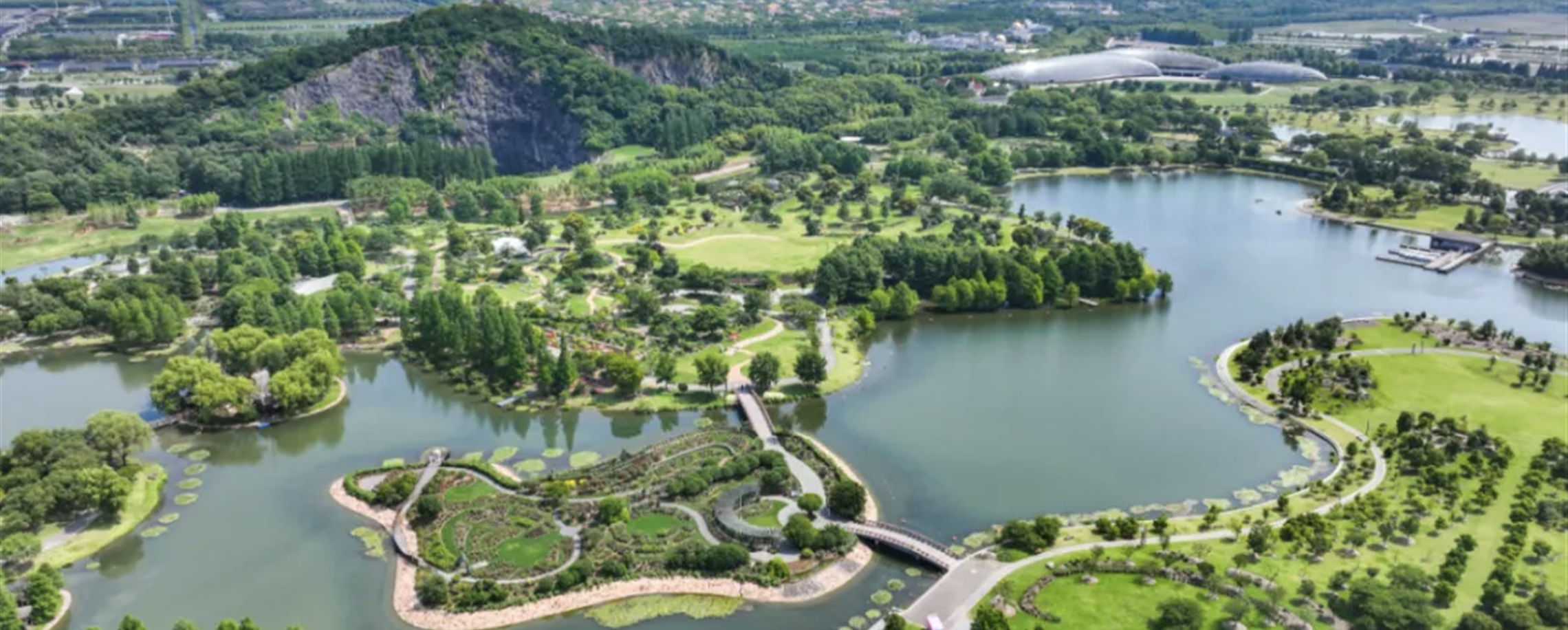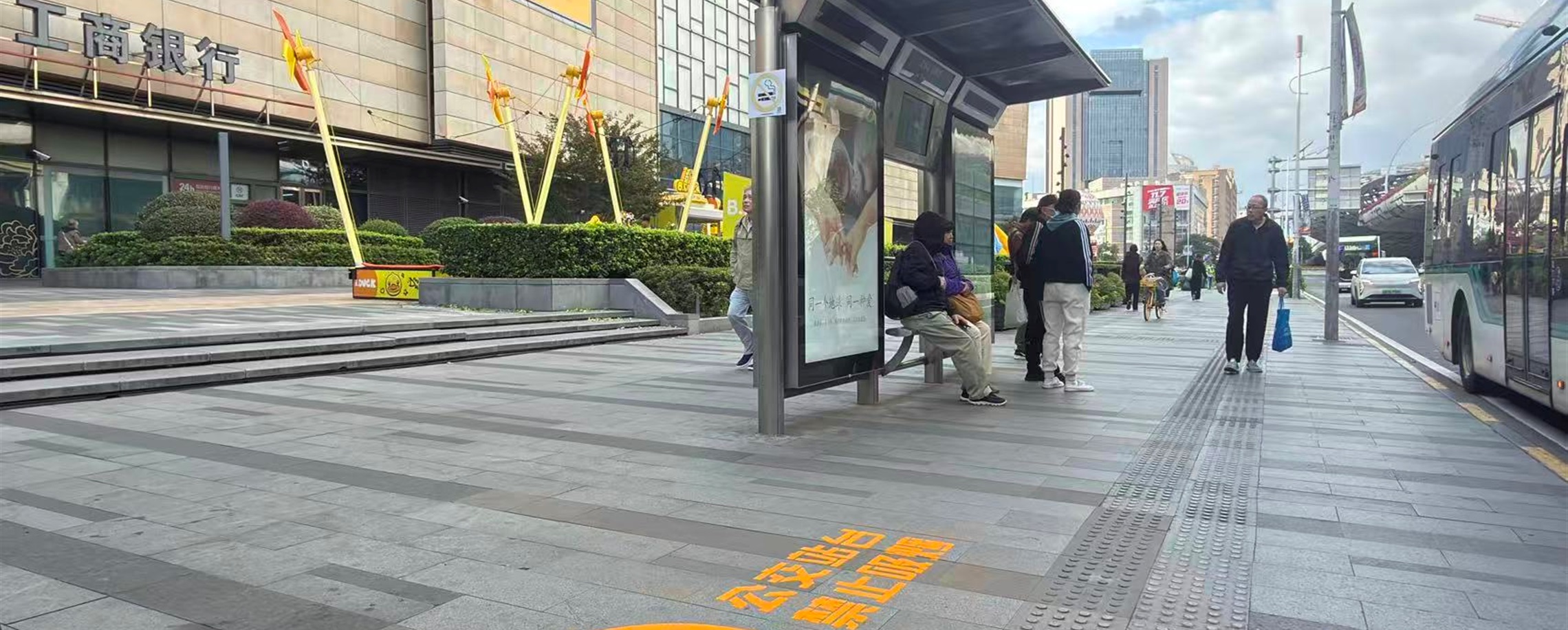Chinese Path to Modernization Upends the West-Is-Best Myth: Forum
A group of leading experts converged yesterday and discussed what the Chinese path to modernization means for the world.
Laurent Fabius, former prime minister of France, stated that China's approach to modernization should not be interpreted as a claim of civilizational superiority. Instead, it should be viewed as a dialogue among equals.
He emphasized that fostering openness, inclusivity and mutual learning is essential for making the path to modernization more sustainable.
Fabius was speaking at a forum titled "World Significance of Chinese Modernization," held at the Zhejiang Pavilion of the Watertown Parlor in the Yangtze River Delta Integration Demonstration Zone, which includes Shanghai and the neighboring provinces of Zhejiang and Jiangsu.
In the current complex global landscape, examining the world significance of Chinese path to modernization is not a simple analysis of a development model but a more general reflection on humanity's shared future, he said.
He noted that for a long time, the international perspective on modernization has been heavily influenced by the historical experiences of Western industrialization – from steam engines to colonial expansion, from capital-dominated markets to the rise of consumerism. While this model has generated unprecedented material wealth, it has also come with painful lessons, such as inequality and conflict.
He pointed out that the concept of Chinese path to modernization challenges the long-standing notion that modernization is synonymous with Westernization.
"China has treated poverty eradication as a fundamental mission, and it has been able to eradicate extreme poverty. This is an achievement that we should keep in mind," he remarked.
Discussing China's approach to shared prosperity, Fabius said that the country distributes its economic gains more equitably. He noted that China's middle-income group had exceeded 400 million by 2024. He called it an "efficiency and equity" approach that can offer lessons for countries confronting inequality or striving to reduce poverty.
Zhou Hanmin, a Standing Committee member of the Chinese People's Political Consultative Conference and chairman of the Shanghai Public Diplomacy Association, noted: "Historically, the modernization narrative has focused primarily on capital and industrialization; however, Chinese path to modernization emphasizes people, ecological balance and mutual benefit."
He further asserted that a modernized China is not a challenger to the world, but rather a collaborator; not a disruptor of rules, but a builder of order; not a solitary traveler, but a partner in creating a community with a shared future for humanity.
Yang Jiemian, chairman of the Academic Advisory Council at the Shanghai Institutes for International Studies, explained that Chinese path to modernization is an evolving process. He added that when discussing the global significance of Chinese modernization, it is important to consider not only China's impact on others but also its aspiration to gather global strength to collectively build a better future for all.
In Case You Missed It...








